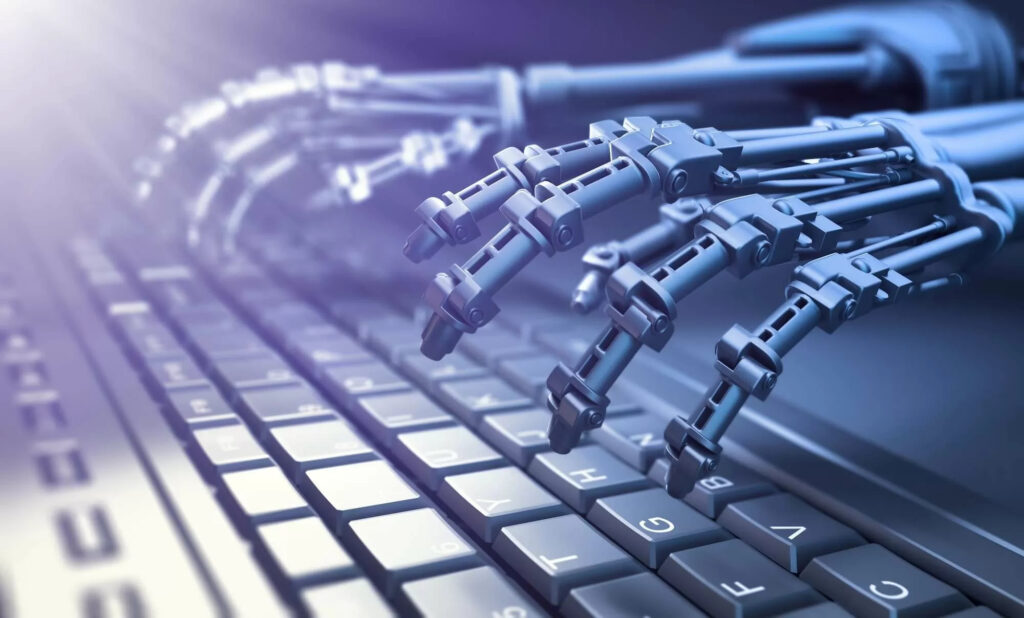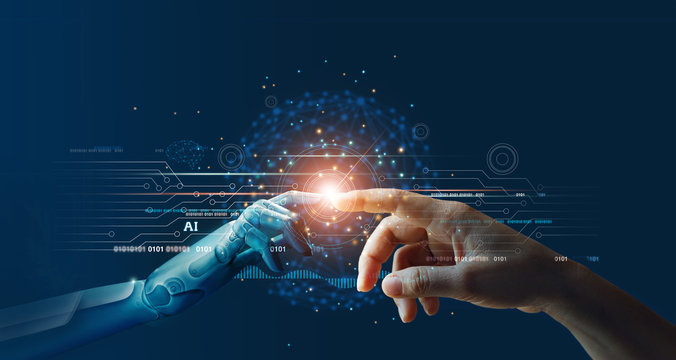
The Future of Digital Marketing in Ai is evolving faster than ever before. With the rise of Artificial Intelligence (AI) and automation, businesses are rethinking how they connect with their audience, create content, and drive growth. The future isn’t just about being online—it’s about being smarter, faster, and more personalized than ever.
1. AI in Digital Marketing
Artificial Intelligence is transforming the way brands understand and engage with customers. From AI-powered chatbots that offer instant support to advanced tools that analyze user behavior, AI helps businesses deliver hyper-personalized experiences. Platforms like Google and Meta already rely on AI to optimize ad targeting and predict consumer preferences.
Example: Netflix’s recommendation engine and Amazon’s product suggestions are prime examples of AI in action—anticipating what users want before they even search for it.
2. Automation for Smarter Marketing
Repetitive tasks like email campaigns, social media scheduling, and lead nurturing are increasingly handled by automation tools. This saves marketers time while ensuring consistency across channels.
Automation also allows businesses to segment audiences, send personalized messages, and nurture leads through the sales funnel with minimal manual effort. The result? Better efficiency, higher ROI, and improved customer satisfaction.
3. Data-Driven Personalization
The future of digital marketing will be defined by personalization. Consumers no longer respond to generic ads—they expect experiences tailored to their needs. AI and automation make this possible by analyzing customer data and delivering content at the right time, on the right platform.
Example: Personalized emails based on browsing history or purchase behavior can significantly increase open rates and conversions.
4. Voice & Visual Search
With the rise of smart devices, voice and visual search are reshaping how users find information. Digital marketers need to optimize content for voice queries and use AI-driven tools for image recognition. This trend pushes brands to focus on conversational content, long-tail keywords, and visual storytelling.
5. The Role of Predictive Analytics
Predictive analytics powered by AI helps businesses forecast trends, customer behavior, and campaign performance. Instead of reacting to changes, marketers can proactively design strategies that anticipate customer needs.
6. Ethical & Human-Centered Marketing
While AI and automation are powerful, the future of digital marketing also depends on trust and transparency. Marketers must prioritize ethical practices—protecting data privacy, avoiding manipulation, and keeping human creativity at the core of campaigns.
Conclusion
The future of digital marketing lies in the perfect blend of AI, automation, and human creativity. Brands that embrace these technologies will gain a competitive edge, delivering faster, smarter, and more personalized experiences. But at the heart of it all, authentic connections and storytelling will remain the most powerful tools.
